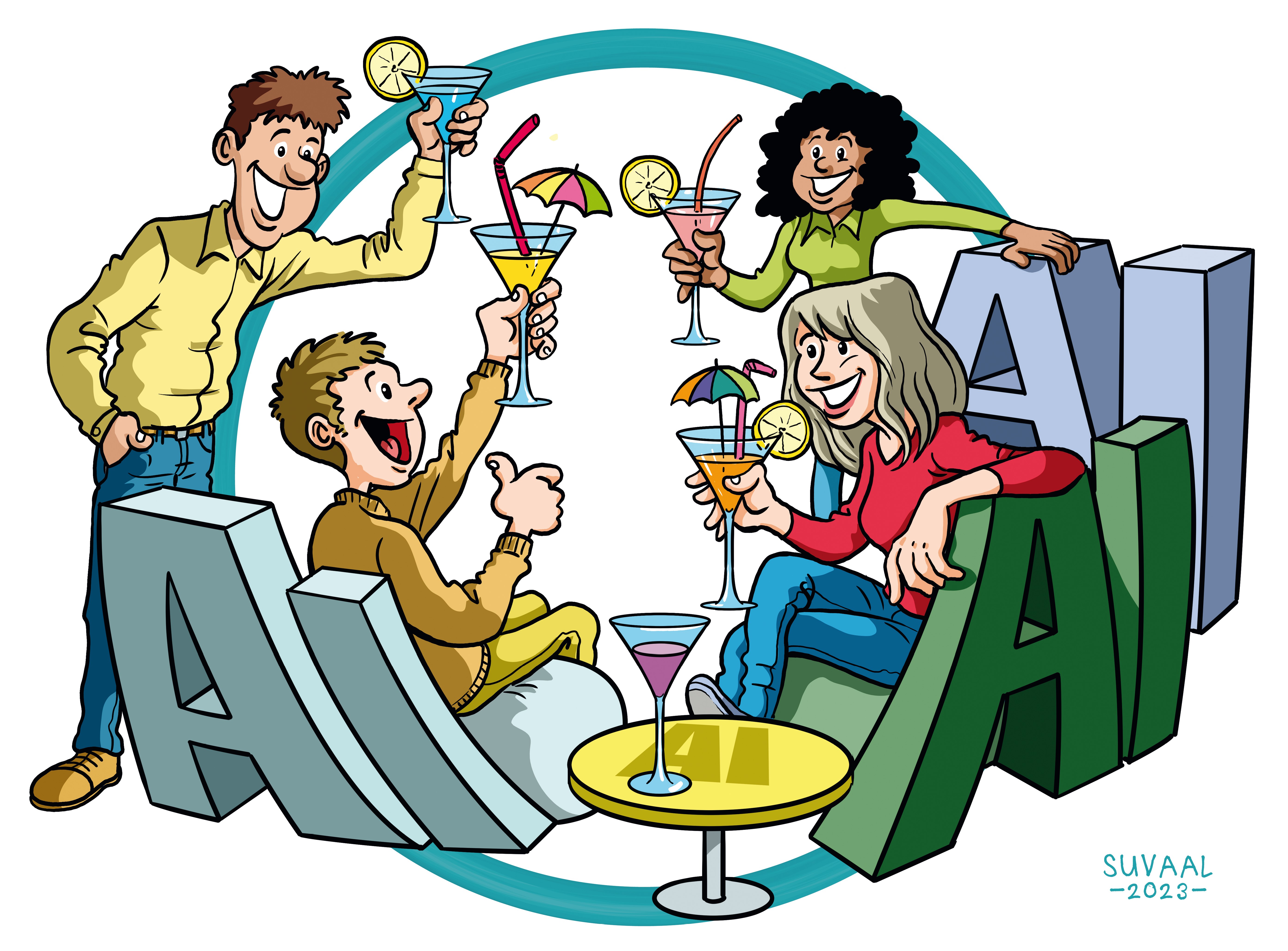Positive Ai
Research Themes: Software Technology & Intellligent Systems, Social Impact


A TRL is a measure to indicate the matureness of a developing technology. When an innovative idea is discovered it is often not directly suitable for application. Usually such novel idea is subjected to further experimentation, testing and prototyping before it can be implemented. The image below shows how to read TRL’s to categorise the innovative ideas.
Summary of the project
Positive AI is the merger of positive psychology, human centered design and Artificial Intelligence. The researcher focuses on how AI systems can be developed to support humanistic values like wellbeing, beauty and wisdom. From a computational perspective, intelligence arises from feedback loops that help systems succeed — specifically, that use measures of success to inform a system’s course of action. But this principle isn't limited to computers—intelligent systems can be anything from a factory to a community of people. The design challenge is often found in developing robust measures of system success, drawing from interviews, surveys, facilitated workshops, etc. These data can inform the design of new interventions, artifacts or other actions that can feed back into the system.
Optimizing Beauty
Landshapes.Earth is a collaborative project with Google AI that seeks to draw people into climate science through feelings of fascination rather than fear. Using thousands of satellite images, a Generative Adversarial Network was trained that can produce new images of landshapes that don’t exist—they are natural forms produced by the computer. Then, with thousands of inputs from online crowdworkers, images are rated by how beautiful they appear. This information is used to systematically guide the GAN AI system to produce more beautiful images, as a result.
Optimizing Wellbeing
During the COVID crisis, TU Delft sought to support the wellbeing of students and employees through a program developed at IDE called MyWellnessCheck. Thousands of surveys helped paint a picture of the factors affecting human wellbeing at Delft. This information helped support the development of better policies at multiple levels throughout the university. By creating a feedback loop to systematically enhance wellbeing at scale, this project served as a model to inspire other “AI for Wellbeing” initiatives.
Optimizing Wisdom
What happens when the world’s most advanced AI text generator is finetuned with the complete works of Plato? Suddenly, the system becomes capable of generating new Platonic dialogues of surprising quality. Using human ratings of the wisdom found therein, the wisdom of an AI system might be systematically enhanced.
What's next?
Many contemporary AI systems are too complicated to understand fully. Similarly, new initiatives in Quantum Computing may be powerful but highly inscrutable to users. Now there is an effort to understand how humans can develop intuition for the use of these complex systems through play. Indeed, by playing around and enjoying the use of these systems, people may be able to gain high levels of functional competence. Therefore, it may be that designing systems to be easier to play with is a concrete design implication that also aligns with a perennial human dream: that the future will be less tedious and more playful.
With or Into AI?
Both
Dr. Derek Lomas
Faculties involved
- IDE
